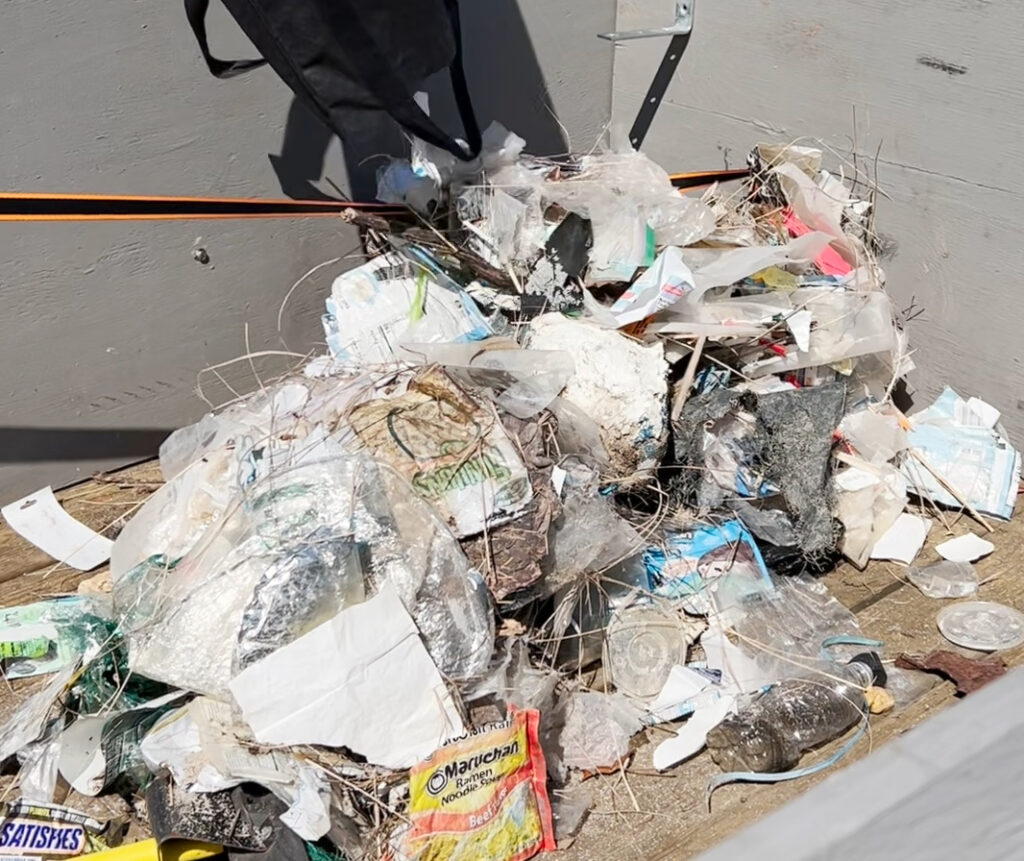Editorial: Affordable housing crisis even more critical now

Of the many dramatic changes wrought by the pandemic, the sharp rise in housing costs is among the most detrimental.
Anyone who sells homes on the North Fork will tell you that prices jumped sharply, with new buyers lining up, placing multiple bids on the same house and sending prices even higher.
Houses that would have been listed pre-pandemic in the mid- to high $400,000 range were being priced at $600,000 and, with multiple bids, closing at $700,000 or even more. That’s for a “normal” house in, say, Mattituck — and nowhere near waterfront.
Homes listed at $1 million and higher, so common on our neighboring fork, have become almost as prevalent here in the past 12 to 15 months. A running joke on the South Fork during the pandemic was that a trailer in Montauk could sell for more than $1 million.
New residents on the North Fork and Shelter Island have invested their considerable capital in our beautiful and fertile land, in properties, in the building of oversized houses and in new projects on a scale never previously proposed.
How effectively and intelligently future town boards and trustees handle these developments will decide the critical issues currently facing us: What do we want for our towns? What do we envision for our future?
When we cite rising housing costs as a negative side-effect of the pandemic, we mean that from the viewpoint of a local individual or family hoping to stay here.
Affordable housing on the East End, particularly in Southold and on Shelter Island, has long been a need in search of an answer. It was difficult to pull off even before the new money arrived; now it seems virtually out of reach.
Affordable housing requires density on smaller lots — and density requires pricey sewage treatment systems. Even the most well-intentioned builders look at the number and say, “I don’t know how to make that happen.”
Good news came last week, though, when Gov. Kathy Hochul signed legislation that will give East End towns the option to establish a new real estate tax to bankroll community housing funds. The legislation allows the towns to hold referendum on adding a half-percent to the existing 2% Community Preservation Fund tax on large real estate transactions.
Voters must approve the increase, and if they do, the added funds could be used to help first-time buyers who need down payment assistance or for the construction of affordable workforce rental units. With high land prices, however, that second part will be difficult to pull off.
The passage of this legislation is a big step in a very good direction. Towns will decide when to hold their referenda and, if approved, will begin the hard work of deciding how to allocate the additional revenue.
We applaud Assemblyman Fred Thiele (I-Sag Harbor) and state Sen. Anthony Palumbo (R-New Suffolk) for co-sponsoring the bill, which had been vetoed by former governor Andrew Cuomo.
Our fire departments and ambulance units need volunteers, our small businesses need workers, But the workers they seek are already hard-pressed to afford living here. A town filled with million-dollar houses will not be able to keep them.








